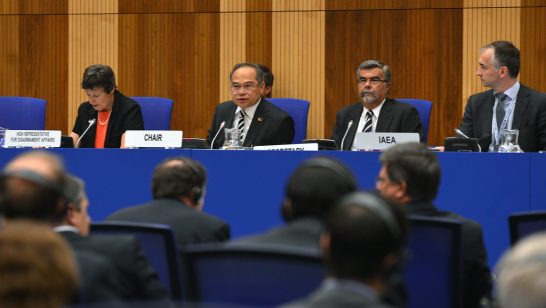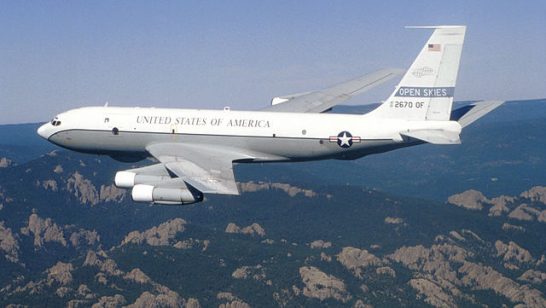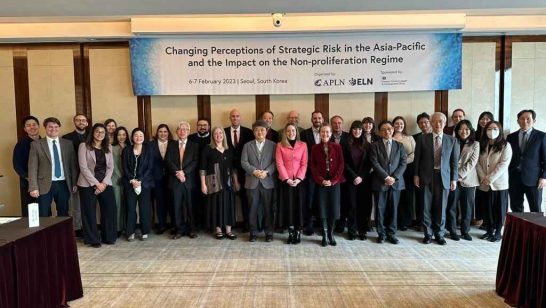
This piece was originally published as part of a series of reflection pieces for the Carnegie Corporation of New York on how the events of 9/11 continue to reverberate in world affairs.
The terrorists won.
They did not end U.S. support for Israel, Saudi presence, Iraq sanctions, perceived oppression of Muslims, or supposed U.S. “immorality.” But 9/11 is still with us in things done and things not done that have served terrorist aims – forcing us to change course, exaggerating their strength, attracting support for their cause.
9/11 drove changes in travel, law enforcement, intelligence, and civil liberties that made international terrorism harder. But it also jerked the United States, allies in tow, into a military response and one not just against Al Qaeda, but against the Taliban (who were never international terrorists), and into an overconfident, overstated Global War on Terror.
We got “shock and awe” and 20 years of occupation in Afghanistan, failing to eliminate Al Qaeda, against which drone strikes and special forces proved more effective. We got Iraq, ISIS, eroded performance on human rights and international law, lasting rifts in the transatlantic alliance and a widened gulf between the West and the Rest. We got the greater militarization of U.S. and Western foreign policy and, now, U.S. disenchantment with ‘forever wars’ and even foreign engagement.
As time passes, the 9/11 ripples intersect with those from other events, making patterns harder to read. But the ripples help explain the European Leadership Network’s mission of dialogue and guerrilla diplomacy for a safer Europe. Our age of rage, rising risks, and problems finding common ground on common challenges surely has some roots in 9/11 and the paths we did not take thereafter.
The opinions articulated above represent the views of the author(s) and do not necessarily reflect the position of the European Leadership Network or any of its members. The ELN’s aim is to encourage debates that will help develop Europe’s capacity to address the pressing foreign, defence, and security policy challenges of our time.
Image: Brian Gregg, In Memory, 9/11 Memorial Artists’ Registry



